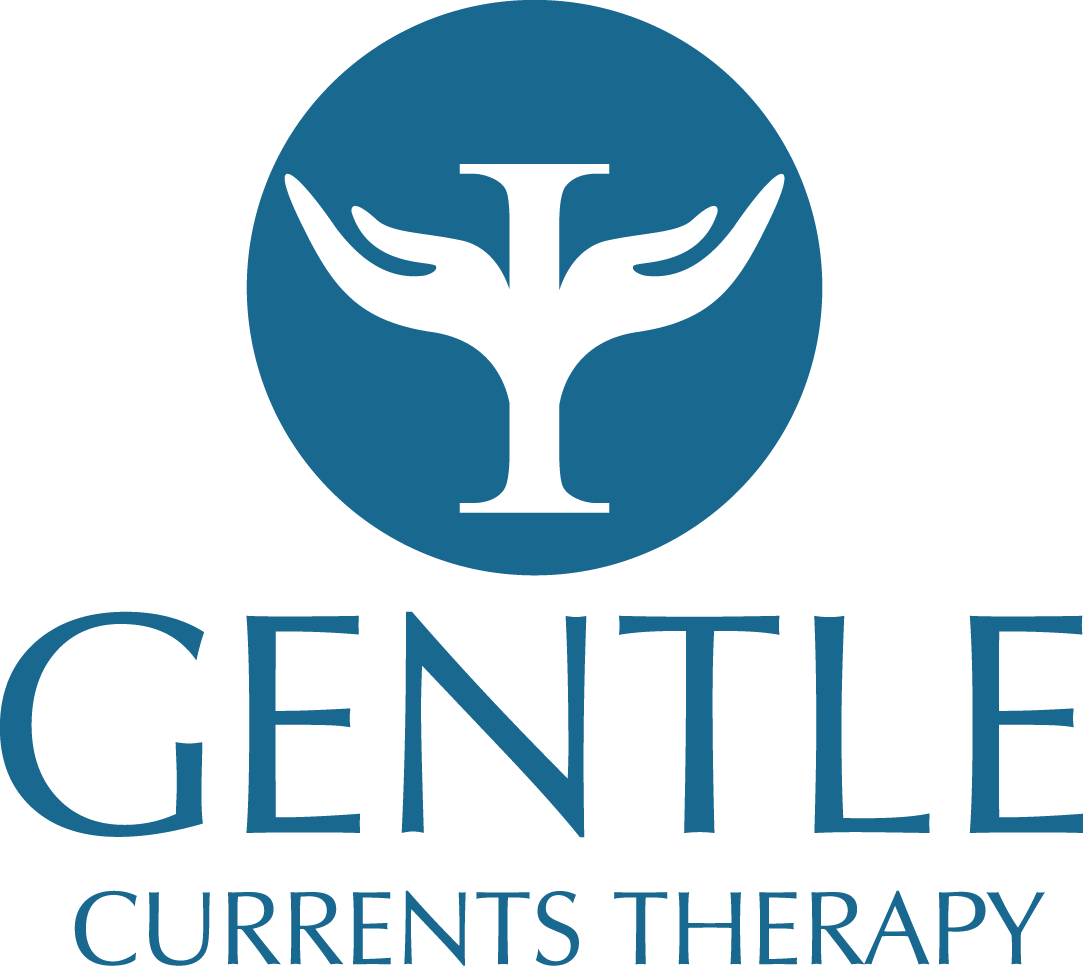Copyright 2024 Physio WordPress Theme by QreativeThemes
- Services
- Social Links
- Youtube
- Google My Business
- Psychology Today
- BC Association of Clinical Counsellors
- Academia
- WordPress
- Cision
- Blogspot
- Yelp
- UBC Final PhD Defence
- About Me
- Tumblr
- Tableu
- Issuu
- Google Scholar
- Quora
- Behance
- Newswire
- Three Best Rated
- Alignable
- My Space
- Good Reads
- Medium
- Sound Cloud
- Vimeo
- Foursquare
- Godaddy
- Flickr
- Slideshare
- Contact Us
Visit our Location
Gentle Currents Counselling and Neurofeedback Belmont Centre #10920103 40th Avenue Langley BC, V3A 2W3 Canada
“There’s a variety of therapies that are organized around humanism and the humanistic philosophy, and we’ve talked about a few of them already”, remarks Dr. Mike Dadson.
Dr. Dadson states:
It’s worth mentioning humanistic psychology as a philosophy branches into a variety of therapies with the basic assumptions in humanism grounding them. These therapies are all familied together and arise out of this place that where there is a fundamental assumption about dignity, worth, respect and the shared value of humanity. This includes other assumptions like, human empowerment that is self-guiding or self-driving and a person has the right to make their own choices. They have dignity, they have respect that is a fundamental, it’s embedded in the nature of humanity, that humans have this dignity.
This ethical, philosophical starting point, then leads us to an understanding of what it means to be human, and what it means to heal and reach out and achieve our potential as individual human beings.
Humanistic therapy is very important in the world of therapy because it grounds human dignity, respect, and ultimately, even to empowerment. Most colleges and associations that are associated with counseling psychology have these fundamental ethics built right into their organizations, and their guiding principles. It is ethically mandated that all therapists operate according to these values.
If a person is seeking out therapy, they need to leave the therapy session, having confidence that the therapist they’re with, has seen them and treated them with dignity, has seen them with respect, has worked to empower them. The therapist isn’t assuming they know better and telling them what to do, but rather is working to enable them know what they need and how to do that themselves. Sadly, some therapists are not members of professional associations or they are unaware and are incongruent with the basic humanistic values that are imbedded in the work of therapy.
If a client hasn’t experienced a felt sense of dignity and empowerment in a non-judgmental framework in the session, I say right up front , you’ve gone to the wrong therapist. Whether it is a bad fit or a bad therapist, for the client it is just time to move on. When you can’t receive that sense from a therapist/counsellor, when you work at them, then it is just not a right fit relationally for you. Those are core fundamental elements that need to be established and in place in a therapeutic relationship. After all, if you are going to open up your life to someone and invite them on this most important journey with you, you need to experience you worth and dignity consistently with them.
